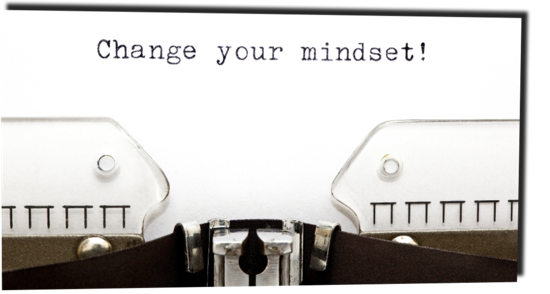I generally try to avoid ranting here, but I'll do just a bit of that today.
In the past couple of years, there have been a lot of tragic acts of violence, such as the one this past week in Boston. According to what we're told by the media, there is a thread between the perpetrators of violence: they all had family problems or parental issues, and became bitter about something.
In dealing with some crises within my own family over the past few years, we've gotten some great advice from one of our doctors: spend more time together as a family; pay more attention to what your children are doing ("be nosy" is her description); and eat dinner together as a family. It isn't so much the dinner itself, as the excuse to get together and talk about things in a casual but interested way.
This was hard and frustrating at first, and we felt very inadequate (especially for the first year). In fact, we resorted to "Table Topics" cards in the beginning to help us figure out how to get the conversation going. Surprisingly, the family dinners every night have made a huge difference in our ability to communicate.
It was tough to have good conversations in the beginning, but we learned to ask better questions and to stay away from emotional lightning rods. We also learned to be better listeners without jumping right to judgment or attacks.
Slow and steady wins the race
We've been doing this consistently for a couple of years now, and it has made a marked difference in the strength of our family, the moods and outlook of our children, and the relationships between us.
We are by no means perfect, but we're better off than we were when we spent all our time running different directions and being "too busy to eat together."
Of course, I travel a fair amount in my job so we aren't always together at dinner, but there is always one of us parents eating with the kids, talking with them, and keeping tabs on how they are doing. I also call and text with my kids a lot from the road - which I didn't do in the past.
The bottom line? We thought we were paying attention as parents before - we've found out we were wrong.
Laws are no substitute for family
I bring this up because I see a lot of laws designed to prevent "the next senseless act of violence," and I don't believe laws will help. I think we need to find ways for people to spend time with their families and build stronger connections, stronger values, and to provide outlets (safety valves?) for those with serious emotional or psychological stress, who may feel that nobody cares. No law can do that.
Making a shift like this can be scary, since you may feel unprepared to have probing conversations with your children, or you may want to be their friend vs. their parent. Or, you may not know how to deal with the anger and angst of a teenager.
The only way I know is to "just do it" and get some help from a counselor that can help you develop the skills, confidence, and techniques to get through to the other side.
It isn't easy, but it's worth it. Start by doing it for your kids, but trust me - you'll get as much out of it as they will.
Maybe none of this would have prevented any of the recent acts of violence, but I don't think it would have made things worse.
</rant>




